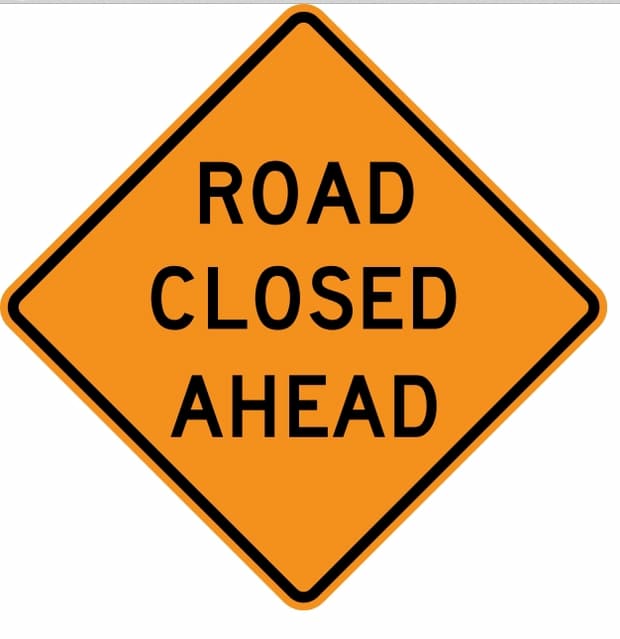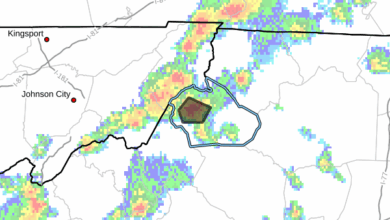Last Updated on May 12, 2017 5:57 pm
BOONE, N.C.—A new case of mumps was confirmed in Watauga County on May 11, bringing the total number of confirmed cases in the county to four. The new case is in an Appalachian State University student.
County and university health officials report the individual diagnosed with the virus is being treated, per guidelines established by the State of North Carolina and the Centers for Disease Control, and is fully cooperating in following isolation instructions.
Public Health Director for the Appalachian District Health Department (AppHealthCare) Beth Lovette reported that officials from the university have been working in close coordination with state and county health officials since the first case of mumps was identified as a possibility. “They have interviewed ill students about their activities during their periods of contagion, identified and sought out anyone who has come into contact with the ill students, reviewed their immunization records, immunized them if necessary and made sure they are aware of the signs and symptoms of mumps,” she said. “All students have been pleasant, respectful and willing to isolate themselves from others in order to reduce the possibility of spreading the disease.”
In an email, Dr. Bob Ellison, Director of Student Health Services at Appalachian, advised Appalachian students who are traveling now that the spring 2017 semester has concluded, to “exercise caution and be vigilant about caring for yourself and others.”
“While the number of cases may seem small,” said Ellison, “it is important to remember that mumps is a contagious disease for which there is no treatment, and it can cause long-term health problems.”
Because of the recent increase in nationwide physician reported mumps cases, AppHealthCare has recommended area health care professionals implement a heightened level of awareness of the possible need for mumps testing in patients who present with symptoms consistent with mumps. Individuals who suspect they may have mumps are encouraged to seek medical attention and isolate for five days.
“Because symptoms of mumps are similar to symptoms of other illnesses, like cold and flu,” said Lovette, “it is important if you are not feeling well to take preventative precautions of transmission and follow-up with your primary care physician as soon as possible. The virus is spread through close contact.”
Those who may be concerned about symptoms are encouraged to contact their primary care providers, urgent care or Watauga Medical Center.
Anyone exhibiting any of the symptoms listed below should take precautionary steps to limit contact with others.
The most effective prevention measure, said Lovette, is vaccinations.
The U.S. Centers for Disease Control and Prevention recommend two doses of the mumps, measles, and rubella (MMR) vaccine. The recommended two doses of the vaccine provide approximately 88 percent protection against infection. A single dose of the vaccine provides approximately 78 percent protection.
The information below is being shared with the public to assist in preventing the spread of mumps.
What causes mumps?
Mumps is caused by a virus.
How does mumps spread?
The mumps virus is spread through direct contact with respiratory secretions or saliva or through sharing items like cups or utensils with an infected person. The risk of spreading the virus increases the longer and the closer the contact a person has with someone who has mumps. The average incubation period (from exposure to onset of illness) for mumps is 16 to 18 days, with a range of 12– 25 days. People with mumps are considered most infectious from two days before through five days after the onset of symptoms.
What are the symptoms of mumps?
Individuals with mumps usually first feel sick with nonspecific symptoms like headache, loss of appetite, and low-grade fever. The most well-known sign of mumps is parotitis, the swelling of the parotid salivary glands, below the ear. Some people who get mumps have very mild or no symptoms, and often they do not know they have the disease. There are no medicines to treat mumps, but most people recover completely in a few weeks.
Prevention
Vaccination is the best way to prevent mumps. Two doses of MMR vaccine are approximately 88% effective at preventing the disease; one dose is approximately 78% effective.
MMR vaccine should be administered to persons without evidence of immunity and everyone should be brought up to date with age appropriate vaccination (one or two doses). Although MMR vaccination has not been shown to be effective in preventing mumps in persons already infected, it will prevent infection in those persons who are not yet exposed or infected. Those born before or during 1957 are considered immune based on likely exposure during childhood.
It is important to recognize that mumps can occur in vaccinated people. During mumps outbreaks in highly vaccinated communities, the proportion of cases that occur among people who have been vaccinated may be high. This should not be interpreted as meaning that the vaccine is not effective; people who have not been vaccinated against mumps are much more likely to get mumps than those who have been fully vaccinated. Clinicians should ensure that all healthcare personnel in their offices have presumptive evidence of immunity.
AppHealthCare, the local health department, urges community members to check with their primary care physician about their current immunization records, to ensure they have the recommended vaccinations. Immunizations are available through primary care providers and AppHealthCare, Alleghany: 336-372-5641, Ashe: 336-246-9449 or Watauga: 828-264-4995.
Appalachian State University students can access their immunization records at http://medportal.appstate.edu in three easy steps:
- Sign in using your university user name and password.
- Select the “immunization” tab.
- Select “immunization history.”
This will allow students to view all immunizations they have submitted to Appalachian and all vaccinations administered by Appalachian’s immunization clinic. They will also have the option to print their records from this screen.
Additional information is available at:

















